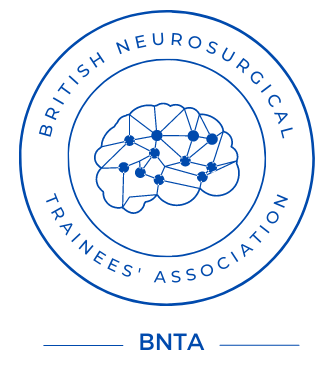Less Than Full Time (LTFT) Training
General Info
Getting Started
If possible, start the application process well in advance of when you want to start flexible training (ideally at least >4 months). Involve your educational supervisor and TPD as their support will be important. Be as clear as you can about what you hope to achieve or why you wish to undertake time out of programme or flexible training. This will help both you and your department throughout the process. Keep an open mind and keep key payers updated if you find you want to alter your parameters e.g. change duration of period our of programme or focus. Most often you can make changes if you need or want to (e.g. change percentage you work if LTFT, change duration of maternity or paternity leave). Make a robust plan supporting your return to work. E.g. phased return and/or supervised return to work and on calls; making use of keeping in touch days. Don’t be reticent in approaching your department/TPD with ideas of how the transition can be managed or how where you feel you would benefit from support. Consider approaching your BNTA rep/union/college/deanery for useful advice/timescale and general guidance
Terminology
OOP – time out of the normal structure of a training programme OOPT – a period undertaking clinical training that is not part of the trainees normal training programme OOPR – a period undertaking research OOPE – a period gaining professional skills that will enhance their future practice. This could benefit the doctor e.g. developing skills in leadership, education, patient safety, clinical skills; or may support the health needs of other countries e.g. Médecins Sans Frontières. OOPP – ‘out of programme pause’ enables trainees to take time out of formal training (up to one year) and continue working clinically and have any competencies gained whilst out of training assessed upon their return. This can minimise the impact of time out on CCT date. OOPC – a planned career break. LTFT training eligibility categories: Category 1 – includes those who wish to work less than full time to support caring responsibilities or in response to disability or ill health. Category 2 – includes those who wish to work less than full time to enable personal/professional development through unique opportunities (e.g. high level sports, membership of a national committee); to support religious commitment (e.g. training for a particular role that requires a time commitment); or for non medical development (e.g. management courses, law courses). Category 3 – includes those who choose to training LTFT as a personal choice to meet their individual professional or lifestyle needs. That choice is not subject to the judgement of anyone else and is only limited by service considerations. In most cases, category 1 is expected to be honoured. Every effort is made to accommodate category 2. Category 3 has to date been a pilot only trialled in Emergency medicine, Paediatrics and obstetrics and gynaecology. It is being considered for piloting within neurosurgery. Keeping in touch days (KIT days) May be taken whilst on parental leave (up to ten). You are paid to be in the workplace in order to keep up to date with workplace activities. It can include training or other activities which the individual or employer feels can facilitate a smooth return.
Concessions
Contacts
SAC consultant representative for flexible training. BNTA committee representative (currently Ms Zenab Sher). Flexible training representative (often called ‘champion’ or ‘responsible officer’) within your deanery/health authority. Regional surgical adviser – accessible to all members and fellows of RCS England. Local BMA representative.
Links
https://www.rcsed.ac.uk/professional-support-development-resources/career-support/return-to-work
RCS information on flexible training in surgery
https://www.copmed.org.uk/images/docs/gold_guide_8th_edition/Gold_Guide_8th_Edition_March_2020.pdf
https://www.hee.nhs.uk/sites/default/files/documents/Supported%20Return%20to%20Training.pdf
https://www.scotlanddeanery.nhs.scot/trainee-information/less-than-full-time-training-ltft/
https://www.walesdeanery.org/specialty-training/out-programme
https://www.bma.org.uk/advice-and-support/career-progression/training/flexible-training
